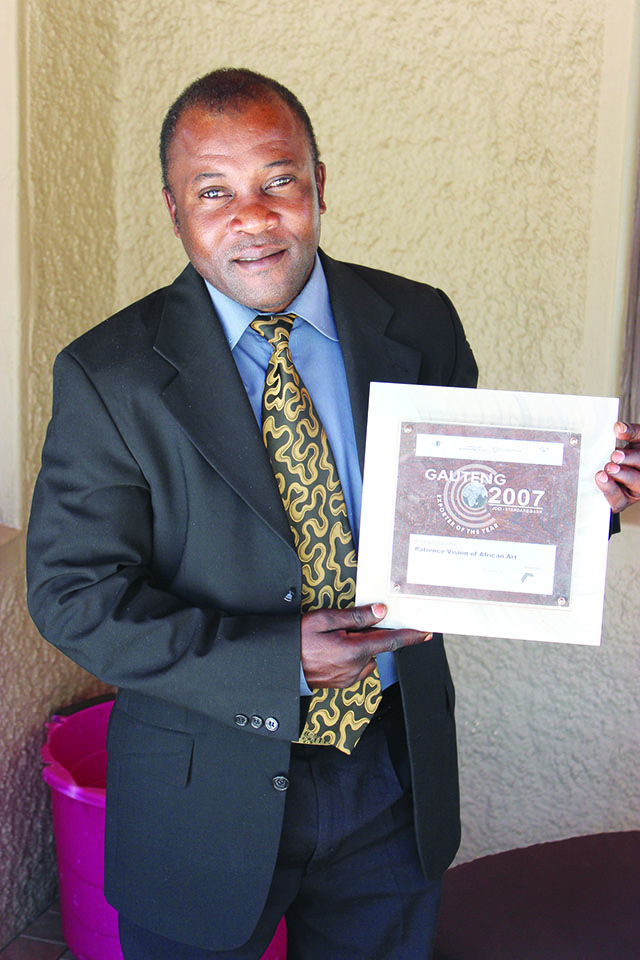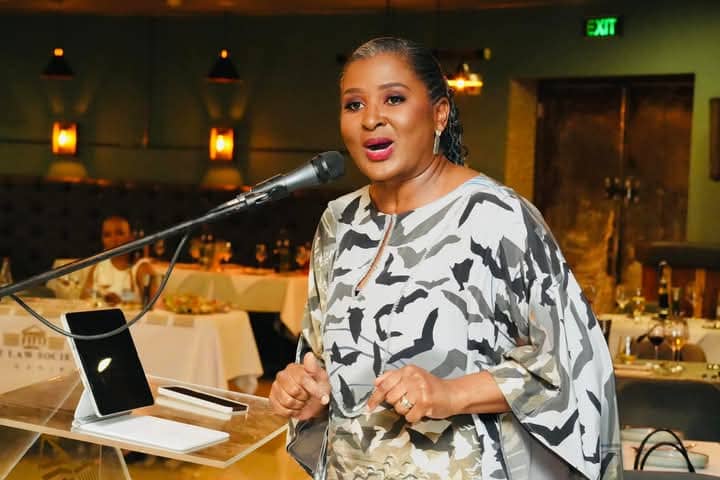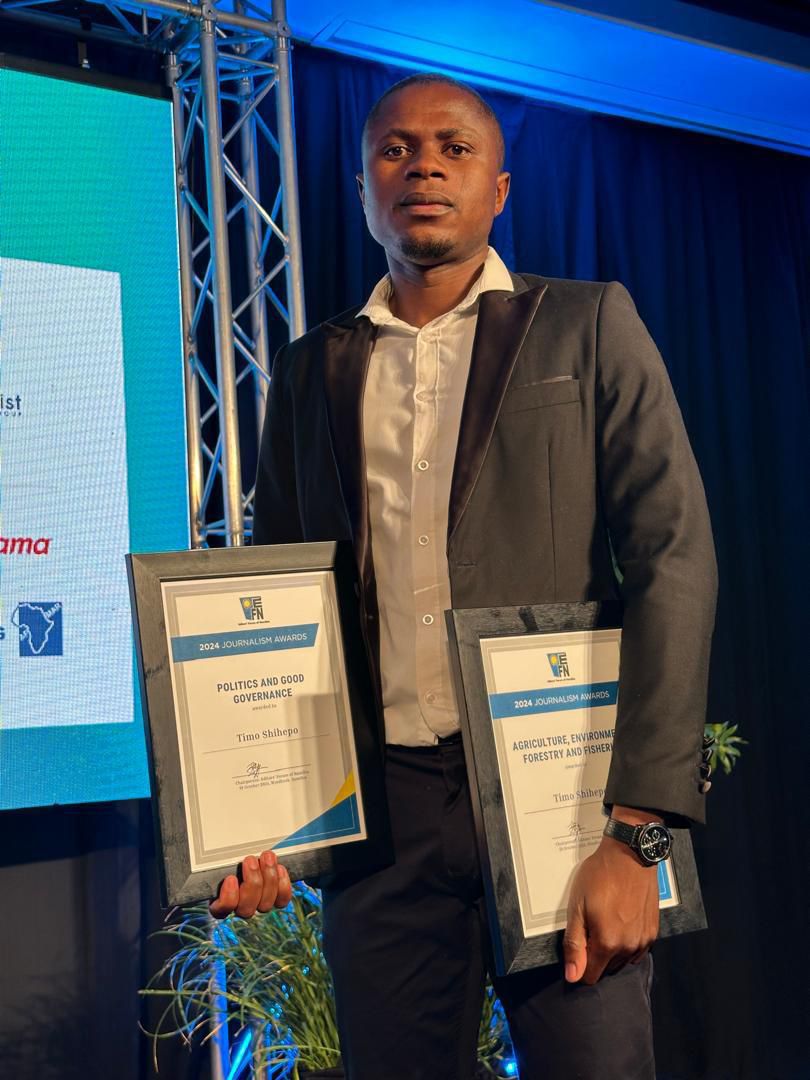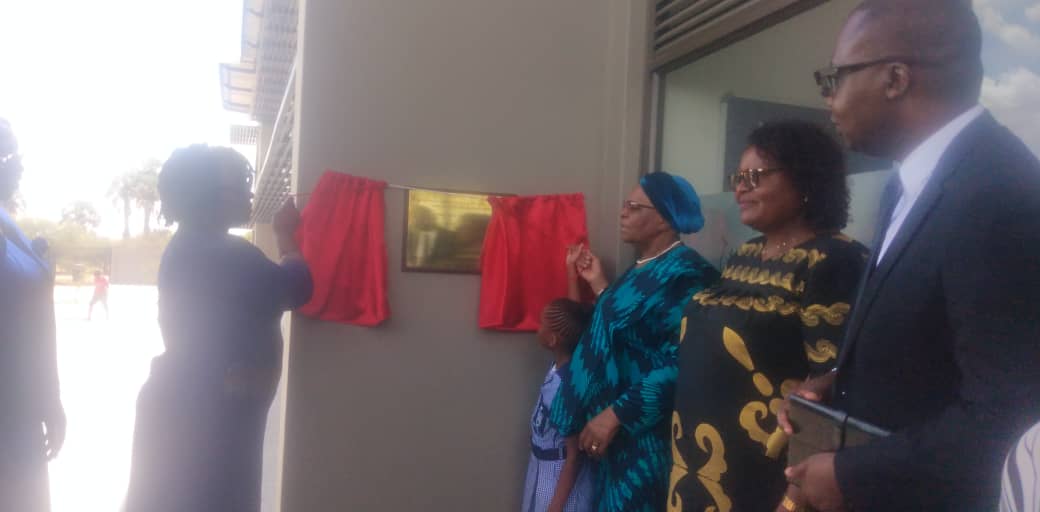AS Nelson Mandela lies in a hospital bed in South Africa, many who prospered as a result of his generosity, suffered when the senior statesman withdrew from public life.
When Patience Mbueno first went to South Africa as a refugee in 1995, he dreamed not only of providing a better life for himself, but also to make a mark in his new-found home.
After 14 years, he had ascended his circumstances so dramatically that it had captured the attention of parliament, the Johannesburg chamber of commerce and even then South African president Nelson Mandela, who celebrated his 95th birthday.
But the altruism of Madiba and Mbueno’s heyday is a distant memory as he now plans to take legal action against the South African government, for breaching his human rights and destroying his once thriving business, which he claims to have been valued at over U$1million.
Despite enduring racism and xenophobia, Mbueno had ascended his circumstances to become a widely successful sculptor, manufacturer and exporter. In 1998 he received a letter from the Office of the SA President, granting him permission to use Madiba’s likeness in his works.
He has since grown his businesses to the extent where, through its community development programme, they have trained over 100 people including now reformed gangsters from the Cape Flats.
He continued to build himself and his businesses through networking and made sculptures and busts of many famous people including Nelson Mandela, Bill Clinton and the murdered mining magnate Brett Kebble (whose estate he sued, as the mining magnate was killed before settling R90 000 for a bust in his likeness).
In 2007 he was named the emerging exporter of the year by the Johannesburg Chamber of Commerce. The majority of his pieces are exported to the USA and Europe.
He recounts how during the 2008 xenophobic attacks, the City of Johannesburg approached him to help mediate the situation, which he did to avoid further bloodshed.
“It was extremely difficult to call for peace, while I myself was angry and hurt by the injury and loss of some dear friends,” said Mbueno.
“For a foreigner, a black man, a refugee to come from nothing and establish a successful gallery across Mandela’s home on Vilakazi street was unheard of and was nearly impossible. I have done my utmost to develop my new community, but have had to endure years of discrimination. White galleries would scoff and say “nobody would ever buy a Mbueno,” he recalled.
The following year Mbueno decided to visit Angola in preparation for his eventual repatriation. There he was approached by the Ministry of Arts and Culture to assist them with developing community arts outreach programmes.
Having relinquished his refugee status, he then applied for a temporary visa to enable him to return to South Africa in order to wrap up his businesses there. This was almost four years ago. He has since been sent from pillar to post to ascertain why he has not been granted the visa.
Frustrated by numerous efforts to understand the invalidity of his requests, Mbueno went as far as engaging the Angolan president Jose Eduardo dos Santos and took his claim to the Angola Supreme Court, where we was referred to the SADC Tribunal in Windhoek. Which he discovered had since been suspended.
Receiving no help there, he went on to visit the South African High Commission in Windhoek with the Angolan ambassador to Namibia on two occasions. This with official requests to allow Mbueno to enter South Africa to allow him to wrap up his businesses, under his government’s supervision and guarantee of his return to Angola to take up a position with the Ministry of Arts and Culture there.
When contacted for comment, a representative of the South African High Commission, Gareth Reese, explained that they are aware of Mbueno’s situation, unfortunately, him being an Angolan national, he would have to take up the matter with the South African Embassy in Angola. He further said that, “ the information is confidential, thus even if you succeed in reaching them, good luck getting the information.”
Attempts to reach the South African Embassy in Angola by telephone and email, have gone unanswered.
The sculptor now intends to approach the International Criminal Court at the Hague, as he feels his rights are being infringed upon and him discriminated against. He claims to have incurred incredible damages to his businesses, through theft and loss of income due to his absence.
“I have sacrificed so much and have worked non-stop to build my businesses, my hero (Mandela) is dying and the South Africa he envisioned is too. I seek only to put this chapter behind me and continue with my work, however I am prepared to fight for justice, whatever the costs. Mandela’s legacy will live on forever, in our hearts and through my art,” were the final words from a determined Patience Mbueno.
Stay informed with The Namibian – your source for credible journalism. Get in-depth reporting and opinions for
only N$85 a month. Invest in journalism, invest in democracy –
Subscribe Now!






